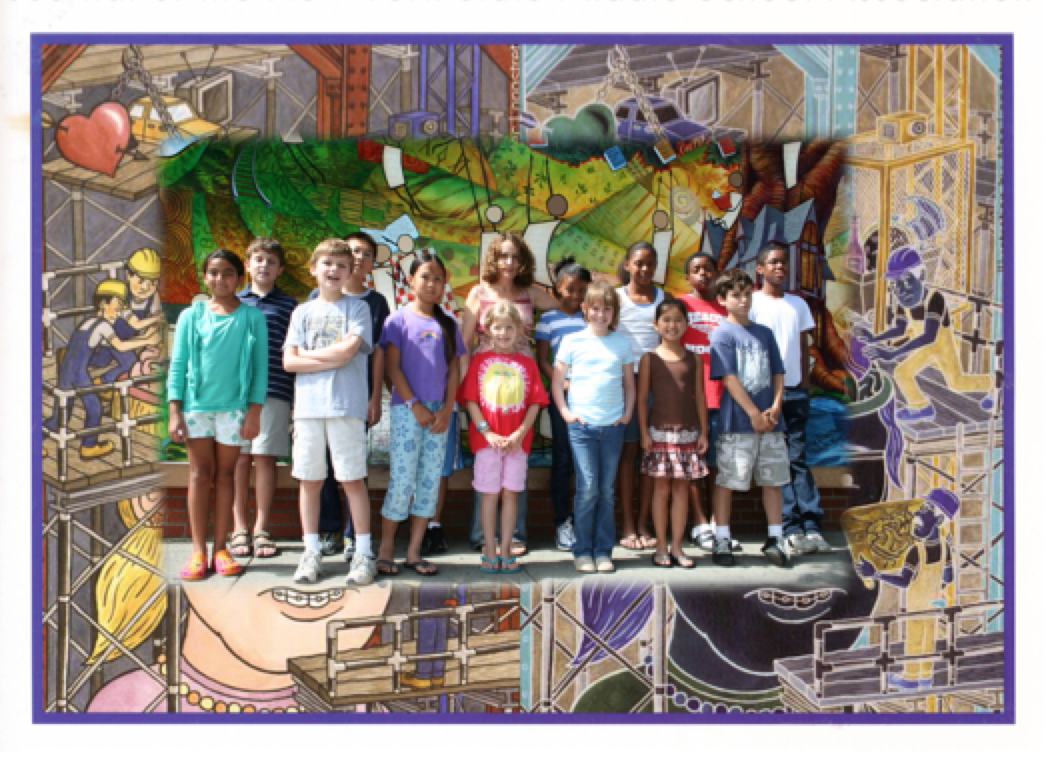Capitalizing on Cultural Backgrounds
x
3. Cultures of Power
Lisa Delpit, author, researcher, and minority advocate, speaks extensively about power and a type of responsive pedagogy that allows for equal educational access for all students. In Other People’s Children (1995) and The Silenced Dialogue (1988), she researches curriculum, and writes about findings and discussions with teachers in classrooms across the country. She also interviews students and their parents of various cultural backgrounds. While these events took place over a  decade ago, she continues to raise some important and interesting issues about bias in curriculum. A curriculum called Distar was one in which she studied extensively, is a program that provided reading instruction using scripted lessons in order to teach higher-level critical thinking, similar to current curriculum focused on the teaching of reading. She said that the curriculum unfairly characterized its success because it taught and built upon concepts that children with families that already had a strong literacy foundation would have already come to school with, and thus made progress with the program. Those without such a background in literacy were deemed “remedial” and consequently assigned and tracked accordingly. She claimed that in schools with many second language learners and struggling readers (often minority children, poor, or other marginalized minority groups), this program had disastrous potential for labeling and widen achievement gaps (Delpit, 1988).
decade ago, she continues to raise some important and interesting issues about bias in curriculum. A curriculum called Distar was one in which she studied extensively, is a program that provided reading instruction using scripted lessons in order to teach higher-level critical thinking, similar to current curriculum focused on the teaching of reading. She said that the curriculum unfairly characterized its success because it taught and built upon concepts that children with families that already had a strong literacy foundation would have already come to school with, and thus made progress with the program. Those without such a background in literacy were deemed “remedial” and consequently assigned and tracked accordingly. She claimed that in schools with many second language learners and struggling readers (often minority children, poor, or other marginalized minority groups), this program had disastrous potential for labeling and widen achievement gaps (Delpit, 1988).
Among her suggestions were to provide children with the content that other families from different cultural orientation would have been provided, to include looking at their background, ensuring each classroom taught the strategies appropriate for all of its children, versus appropriate for only those who had requisite background.
She also addressed what was labeled a “culture of power,” wherein if families had been part of the majority culture, or “culture of power,” and had lived by the rules of that culture they would be farther ahead and less likely to be labeled. Instead they are considered to be uncaring and irresponsible parents in the absence of such knowledge and understanding of the culture of power, or dominant culture. Without knowledge, they can’t transmit the cultural rules to their children. Instead they tend to teach them another culture, one in which they need in order to survive in their communities.
Her suggestions include:
- Immersing students in meaningful contexts rather than decontextualized subskills, allowing students to become experts in their own and in what they are already strong in, while transitioning them into the culture of power.
- Children need to not just know the culture of power, but understand its “arbitrariness” and the codes that that power and all the relationships ensued represent.
- Too often children are discouraged with the educational system, and give up altogether; encourage them to move forward with competence and confidence. Let this process begin by helping them understand the strengths of their own culture, and how it can help them understand, and work within, the new (without sacrificing their own).
Delpit identifies five aspects of the Culture of Power:
- Issues of power are enacted in the classroom, and they include the power the teacher has over the students, that the publishers have within the textbooks that teach the students in how information is presented and how people are represented (minority groups in particular).
- There are codes and rules for participating in power, and that this culture of power takes on linguistic form with certain codes for communication and representation of self through walking, thinking, talking dressing, and interacting with others.
- The rules of the culture of power are a reflection of the rules of the culture of those who have power, and that the culture of school reflects these upper middle class values.
- Teaching the culture of power doesn’t translate into understanding, and is often more confusing than understood for those not a member of the culture.
- Members of the culture of power are not typically aware that they operate within it, or that it even exists.
Dialogue is offered about how “progressive” teachers using current teaching methods should examine those methods because they impede low-income and minority students from access to the culture of power, or the mainstream institutions that established them. The imbalancing of power has a detrimental affect on society, and furthers the stereotypes those within the culture of power continue to perpetuate by focusing on the negative versus the positive.
She suggest that we provide opportunities for minorities and those that are disenfranchised to determine who they are, involve them in a power that helps to define themselves by acknowledging their own cultures, allowing them to embrace pride in it, and pride about where they come from rather than having them conform completely to the Culture of Power.
References:
Delpit, L. D. (1995). Other people's children: Cultural conflict in the classroom. New York: New Press.
Delpit, Lisa D. 1988. The Silenced Dialogue: Power and Pedagogy in Educating Other People’s Children. Harvard Educational Review 58:280–298. pp. 286, 296.